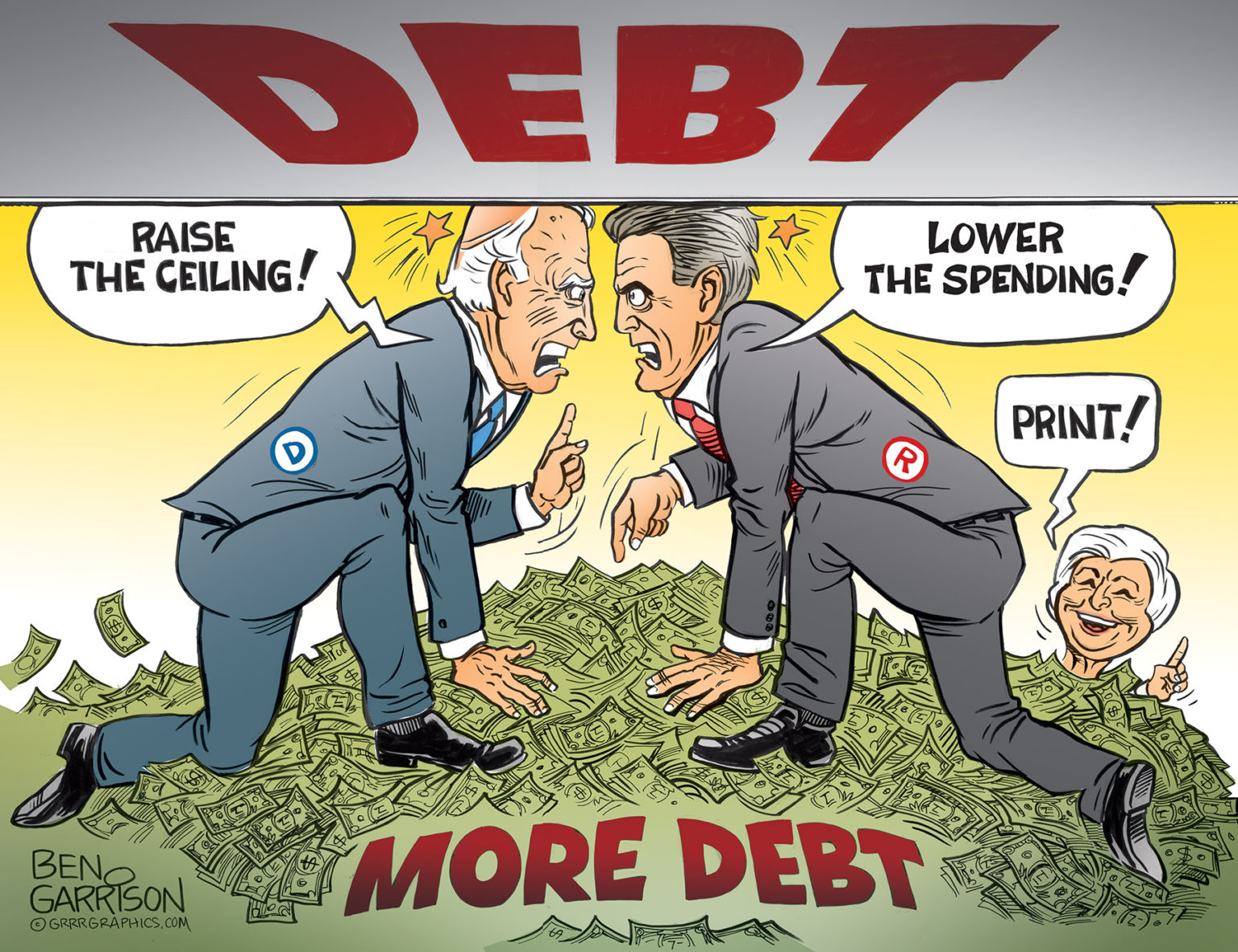Ron Paul, a former U.S. Congressman and presidential candidate, has been a vocal critic of the U.S. government’s handling of the debt ceiling and the subsequent debt ceiling crises. While I can provide you with a summary of Ron Paul’s general views on this topic, please note that his perspectives may have evolved or changed since my knowledge cutoff in September 2021.
Ron Paul is known for advocating limited government intervention and fiscal responsibility. He believes that the U.S. government’s excessive spending and borrowing have contributed to a recurring debt ceiling crisis. According to Paul, the debt ceiling acts as a self-imposed limit on government borrowing, but it has been repeatedly raised to accommodate increasing levels of debt.
Paul argues that the debt ceiling crisis serves as a political theater rather than a genuine attempt to address the underlying issue of excessive spending. He criticizes the tendency of politicians to engage in short-term fixes and temporary measures rather than implementing long-lasting solutions to reduce the national debt.
Moreover, Ron Paul contends that the Federal Reserve’s monetary policy plays a significant role in exacerbating the debt ceiling crises. He has been a longstanding critic of the Federal Reserve’s inflationary policies, arguing that they enable excessive government spending by devaluing the currency and making it easier for the government to service its debt.
In summary, Ron Paul views the debt ceiling crises as symptoms of a larger problem of unsustainable government spending and monetary policies. He advocates for fiscal responsibility, limited government intervention, and a long-term approach to reducing the national debt.





